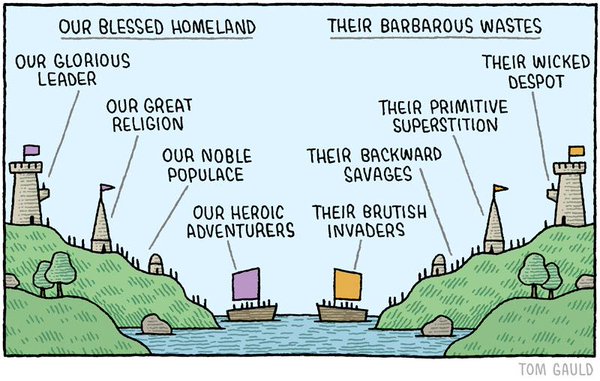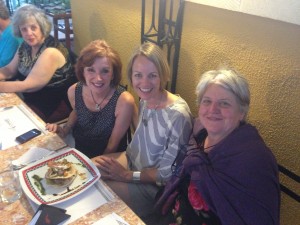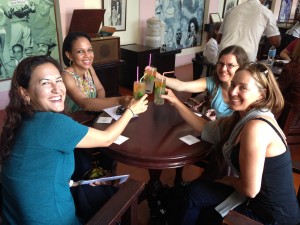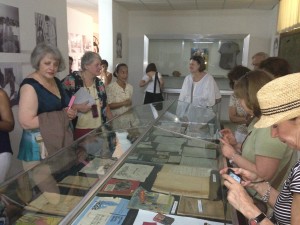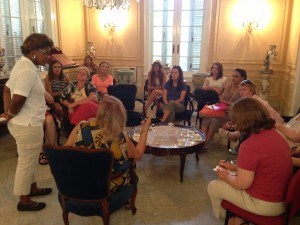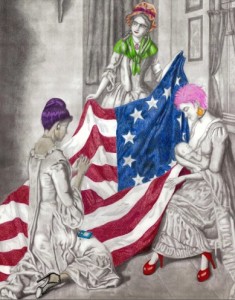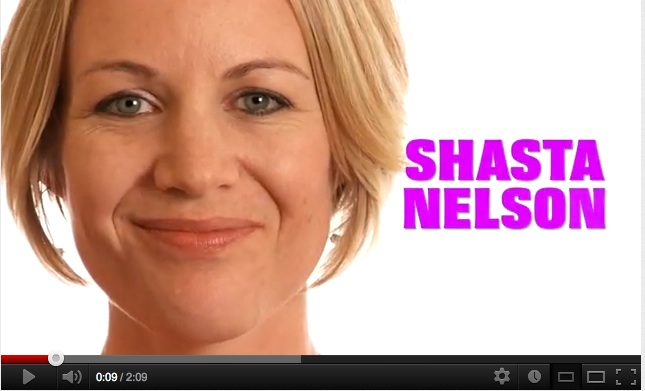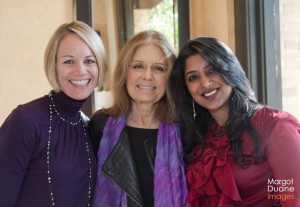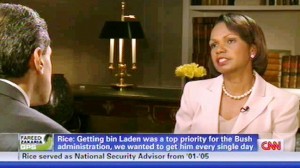"I can only get along with people who have a similar worldview as I have," I've heard a thousand times. Or other variations have included statements similar to "I could never be friends with someone who votes for ________." Because we're on the eve of one of the most divisive presidential elections in history, it seems a good time to remind us what does and doesn't bond us to each other.
What Do We Have to Have in Common with Friends?
Not only are we increasingly convinced what we need to have in common with someone in order to like them-- be it age, life stage, or political party preference; but we're also sounding more likely to have devaluing and disrespectful feelings toward those who aren't like us.
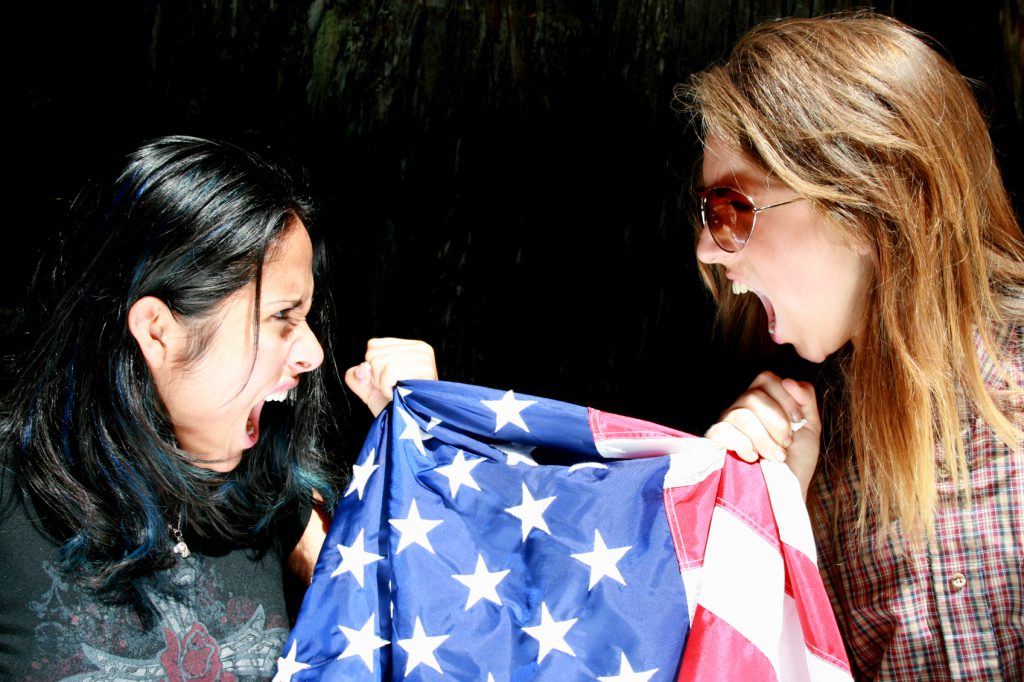
But what does the research say about what we need to have in common in order to bond with another human being?
In fact, hard data tell us that it doesn’t matter which particular parts of our lives are similar to those of our friends, only that we end up finding those similarities. The Brafman brothers, who co-wrote the book Click, share research that reveals people bond more deeply over the quantity of perceived similarities than over the quality—the number of similarities matters more than their content.
They wrote, “Sharing a strong dislike of fast food, for example, was just as powerful a predictor of attraction as favoring the same political party.”
In other words, what we consider as the “big” thing we think we need to have in common isn’t as effective at bonding us as having two or three “small” things in common.
The Brafmans further explained, “You’d think that people who share the same religious convictions and political views, for example, would be more likely to hit it off than those who share only similar tastes in films and music . . . but it didn’t matter at all which topics underlay the similarity—it was the degree of similarity that was important.”
What might that mean to those of us who are at risk of thinking half the population is disqualified as being someone we might like? It reminds us that we need to engage in more conversation with people who don't share our political views so that we can eventually bond with them because we took the time to find out that we have both traveled to Japan, both love green smoothies, and both enjoy reading sci-fi.
Why It's Important to Find Those Commonalities
Understandably, similarity matters. We not only feel closer to the people with whom we can find commonalities--be it fans of the same sports team or voting for the same presidential candidate; but experiments actually show us rating those who we're told agree with us (even if they don't!) as more attractive and better people than if we have to rate those same people but are told they disagree with us. Indeed, we have a bias toward commonality.
In fact, in one study at Santa Clara University, participants were more likely to double their small financial donation if the person asking them for money shared their same name. In another study, people were twice as likely more likely to sacrifice a couple of hours to help a stranger with a task if they discovered that they shared the same birth date with them; and 80% of them agreed to help if they were told they shared a rare fingerprint pattern!
The truth is that once we accept certain people as "like us", we start to see them differently. And when we see them as similar to us in some way, we treat them better: we are more kind, more generous, more accepting, and more loyal.
I, for one, don't want to live in a world where we focus more on how we're different and unlike each other if we know from research and personal experience that our inability to find commonalities tends to put up walls, create defensiveness, increase paranoia, and decrease our kindness and generosity. The answer to feeling safer isn't pushing "others" way, but rather the peace comes when we step close enough to see what we do have in common. (And there is ALWAYS a lot to be found if we're willing to explore!)
Examining Why Some Commonalities Feel More Important
I will not minimize how bonding it can be to any two people to find commonalities and feel closer and more trusting of those individuals. But just as few of us would insist that we can only bond with others who share our names, our birth dates, or our finger print patterns; as hard as it is to believe, who we are voting for is no more important to whether we can bond or not. I find it hard to remember that truth when I'm scanning my Facebook news feed, but just reminding myself that simply finding out someone is voting for the other candidate doesn't prove we couldn't be friends.
And note that in all these studies the bond wasn't actually because of the similarity, but because of how we felt about the similarity. In other words, participants gave bigger donations not because that person's name was really the same as theirs, but because they were told it was the same as theirs. They rated their classmates as more attractive or not, not based on real agreement that impacted real people, but because the psychologists simply told them they had more in common, or not. It was all in their heads. Their kinder actions were based on the belief that they had something in common, even if they really didn't.
When I am reminded of the research, I feel a genuine humility. I am reminding myself how easy it is for me to create an entire narrative or story about people (and how attractive or good they are) based largely on my perceptions of whether they're like me or not. I am reminding myself of all the people I love whose vote I don't understand and am refusing to view them in any way that diminishes them down to just this one difference. And I am reminding myself that while I can't control how someone else votes, I can control whether I'm willing to look for something I have in common with them.
A presidential candidate is going to win and about half our country is prone to feel dismay, disappointment, fear, anger, and/or paranoia. The only way to heal is to practice connecting with each other. We can do that one relationship at a time. One conversation at a time. One commonality at a time.
Any tips you've tried that has brought your stress levels down when conversing with others who are voting differently than you are? Anyone willing to try to be someone who repairs and connects people together after the election? Anyone else up for the challenge of reminding yourself that you could still bond with someone even if they are voting for the other side?


